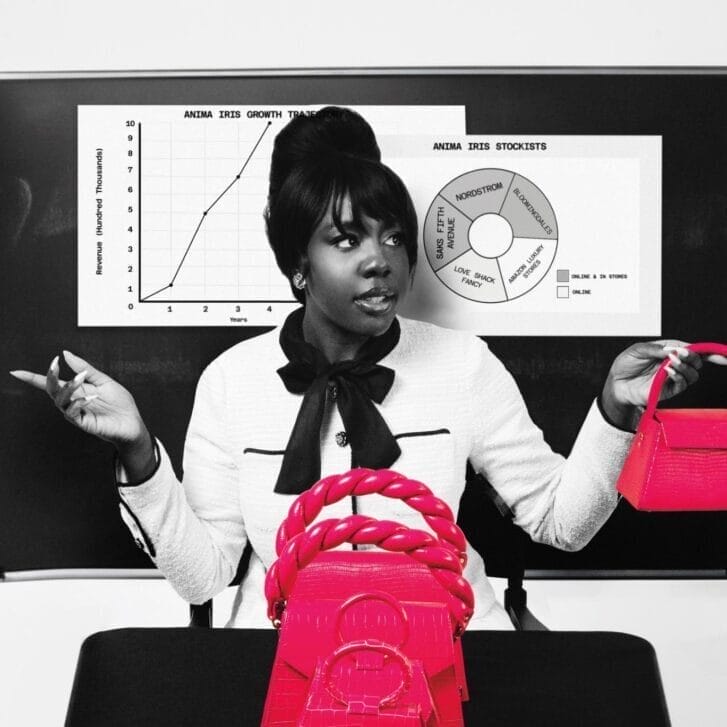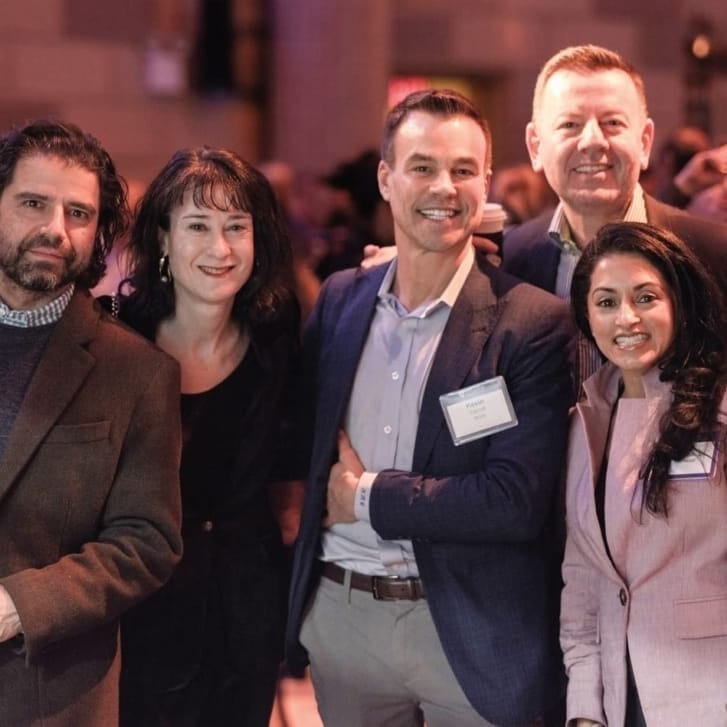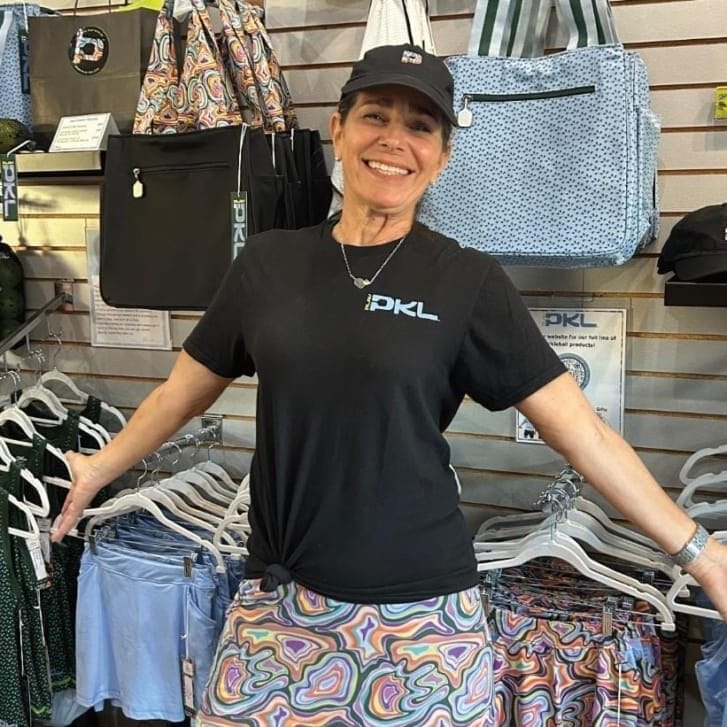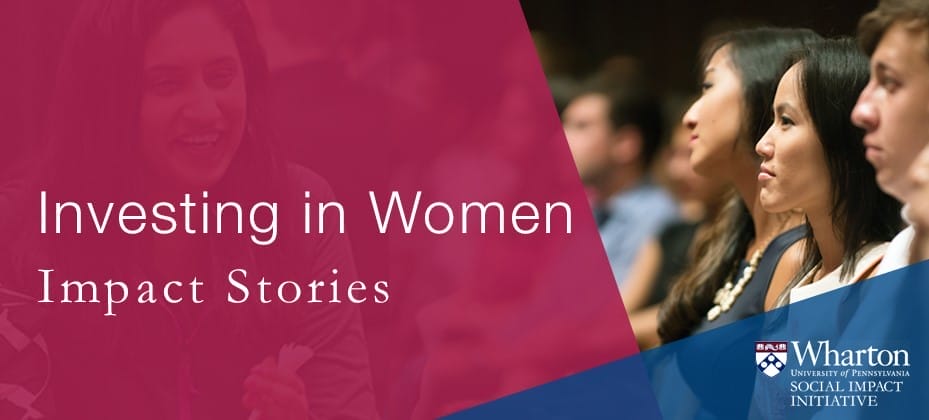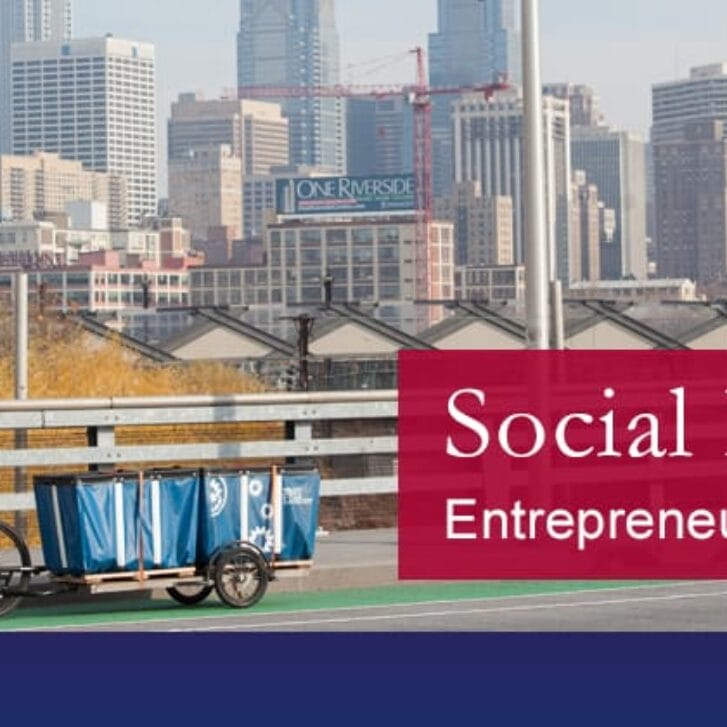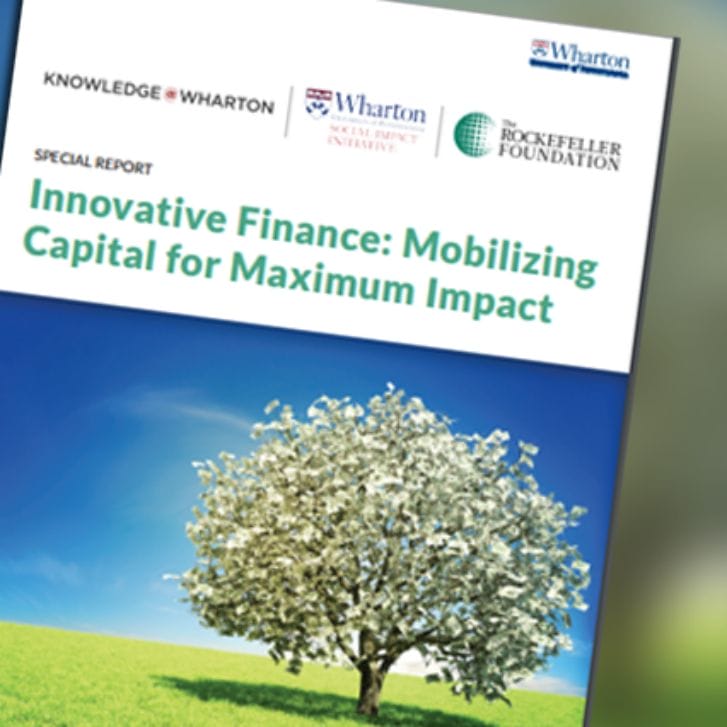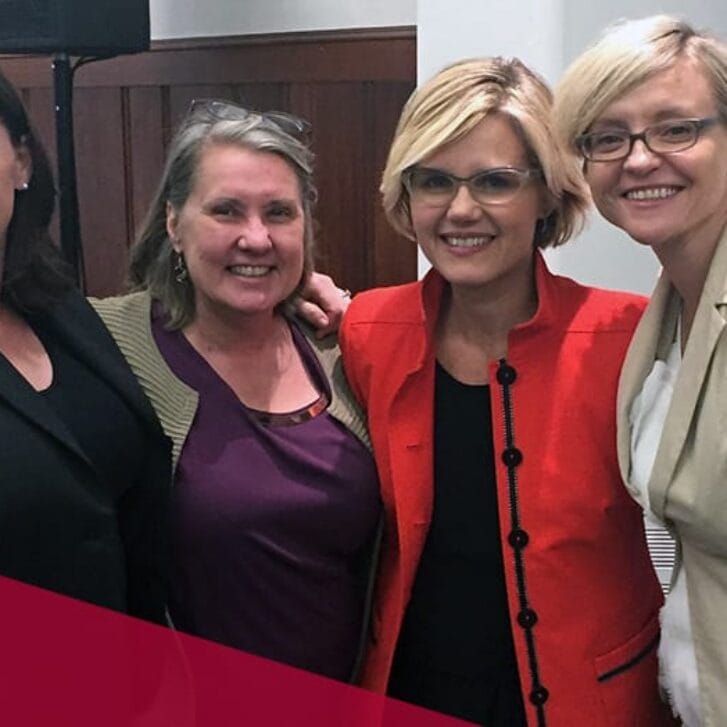The Wharton Social Impact Initiative’s Investing in Women program presents a series of interviews to introduce thought leaders and create a conversation around a more gender informed economy. They have selected individuals from across the impact spectrum—multinational companies, impact investors, social entrepreneurs, and more—to share their candid thoughts on trends, missteps, best practices, and other topics.
When you hear the name Kate Spade New York, you probably think of upscale handbags, clothing, shoes, and jewelry on fashionable, well-to-do women. It’s less likely that you think of women in Rwanda.
Sydney Price is working to change that.
Price is the Senior Vice President of Corporate Social Responsibility at Kate Spade & Company where she has helped launch an innovative project called On Purpose – an initiative to teach a group of 150 women in Masoro, Rwanda to become a profitable & sustainable supplier to Kate Spade & Company’s brands as well as to the fashion industry. The On Purpose model marries smart business with a strong social million, as it creates both economic and social benefits.
Every time we speak with her, we are inspired by Price’s passion and drive to empower this community in Rwanda and align Kate Spade & Company’s women’s empowerment goals with their core business objectives. Keep reading to hear what we learned from Price as we discussed how their company, and others, can meet the needs of women and girls across the world.
What gap in the market does On Purpose aim to fill through its innovative model?
We had been working in post-conflict countries five years prior to On Purpose through a partnership with Women for Women International and what we learned from this experience was that you can’t give handouts. We wanted to economically empower women and give them the tools and knowledge to build their own lives and support their communities. The On Purpose model created a Rwandan-women owned for-profit social enterprise where the employees own their business. The factory’s profits are shared between the employees, the community via grants, and the business through investing into the factory – everyone benefits. Inserting this business in a community that needs jobs, growth, and opportunity is a perfect environment where we can fill a void.
What has been a lesson you have learned from your work that you want to share with others?
There are so many lessons but the biggest lesson is that you need to be incredibly resilient and to really look at—and adapt—the way you are doing things. Going into this, we had a vision and idea of what we wanted to create, but how we have gotten there has changed every single week. When we would go down one of these roads and it didn’t work, we then had to go into a different direction. For example, we learned that forming strong relationships with whatever government you are working with is critical and you are going to have to change policies and align them with country goals.
What resources do you look to for inspiration as you continue to evolve your work around women and girls?
Where I get my learning and innovation around social entrepreneurship is more through podcasts. I’m addicted to TED talks because they encompass all fields of work. I can get the best idea from a new model in agriculture or technology and think about how I can possibly incorporate that into what I’m doing.
What trends are you seeing from other companies around women and girls?
Companies within our industry that are doing awesome things are West Elm, Walmart, Eileen Fisher and Coca-Cola. What I see them doing is taking an intrapreneurial approach and leveraging their expertise and knowledge and not reinventing the wheel, but incorporating this work into their core competencies —that is what makes these initiatives sustainable and profitable for the organizations and the women that we are trying to help in the world.
Who else should we be watching in the space?
This is a really good question and I am always asking myself the same one. I have found that it’s not necessarily individuals within your own industry. I enjoy attending two conferences a year: the Business Innovation Factory in New Providence, RI and Pop Tech in Camden, ME. The best ideas are often coming outside of your industry and these are two conferences where they highlight global innovators in all fields to give you a broad perspective and leave you inspired to continue to improve the way you are working.
What advice do you have for companies who are looking to start initiatives in this space?
If you want to be a relevant stakeholder in this environment, you need to use the lens of a social enterprise model and obviously that can look slightly different depending on your industry. You have to create something that meets a social need and is economically viable not only for the person that starts it, but the women who benefit from it. Also, be authentic to your brand and who you are. On Purpose has evolved around our core competencies: business, women, and staying heart connected. If you are authentic to who your organization is, then it’s so much easier to integrate these initiatives rather than creating a side project. Plus, it is more endearing and authentic to a customer as well. It’s really not about how smart you are, but how you continue to lift yourself up and inspire yourself to move forward when you don’t necessarily know where to go next.
Editor’s note: This article was originally posted on WSSI’s website.







